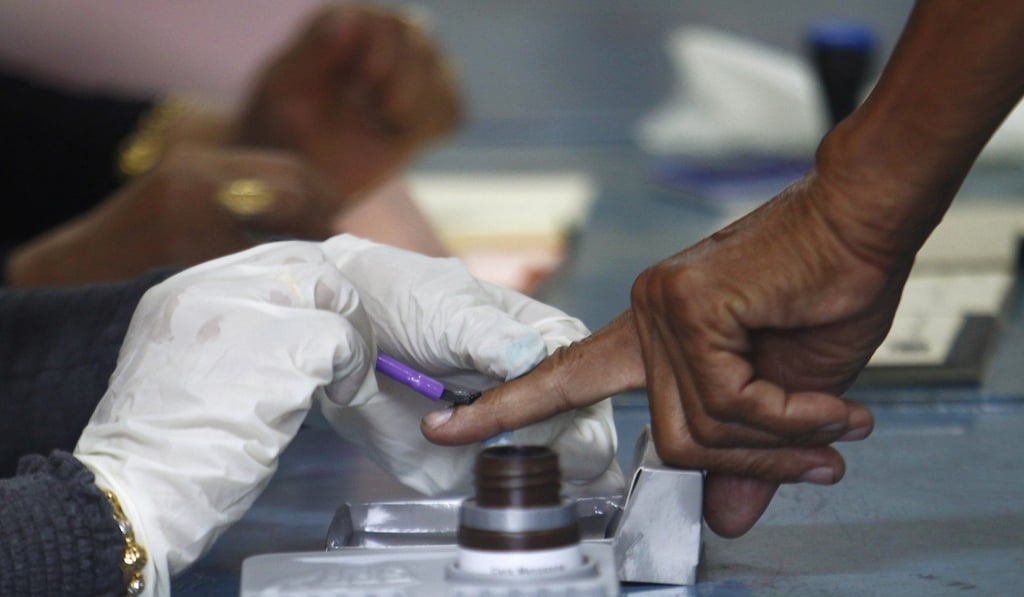On Reflection | In ‘New Malaysia’, reality bites a year after historic Pakatan Harapan victory
- Debate is raging on both sides of the political divide as to how the new government has performed – but all can agree there is more to be done and higher bars for open debate to be set, writes Marina Mahathir
- This is the first in a series of reflections by well-known Malaysians, a year on from the Pakatan Harapan coalition’s historic election victory on May 9, 2018, that brought about Malaysia’s first change of government.

Everybody has their own story of that day, of the camaraderie among voters at the polling stations, of the tensions and frustrations of the slow results and the utter joy at realising a new government had been elected, after 60 years of the same ruling party.
OK, maybe some Malaysians did not share that joy. But they will also remember that day in history, albeit for different reasons. What every Malaysian, regardless of political affiliation, should be proud of is the fact that we changed governments after six decades in the best way possible: through the ballot box, without shedding a single drop of blood. In today’s violent world, this was a rare moment that belongs to all Malaysians.
But a year later, reality bites. Debates are raging on both sides as to whether the new government has performed or not. For the new opposition, the government has failed on the two things that seem to matter to them most, despite the fact that these same issues were among those that caused them to lose: race and religion. For the government, whatever successes they have achieved are simply not being communicated to the public.

Undoubtedly there are some areas in which the new government has disappointed. For women’s groups, it’s the failure to uphold the pre-election promise to ensure the 30 per cent participation of women in all decision-making positions, beginning with the cabinet.
We do have five female ministers, more than ever previously, including the deputy prime minister, Wan Azizah Wan Ismail. But 30 per cent translates into eight out of 28 ministers, so we are still short of three women. There are additionally four female deputy ministers, but they are not cabinet members.
